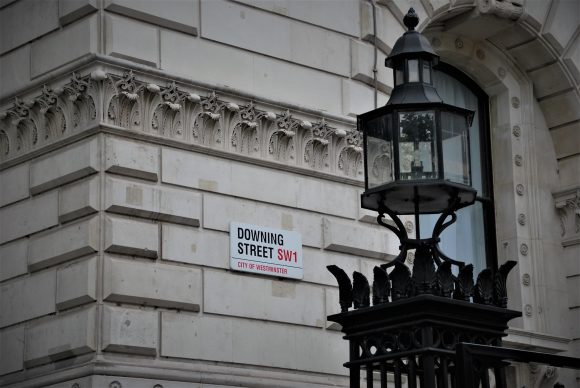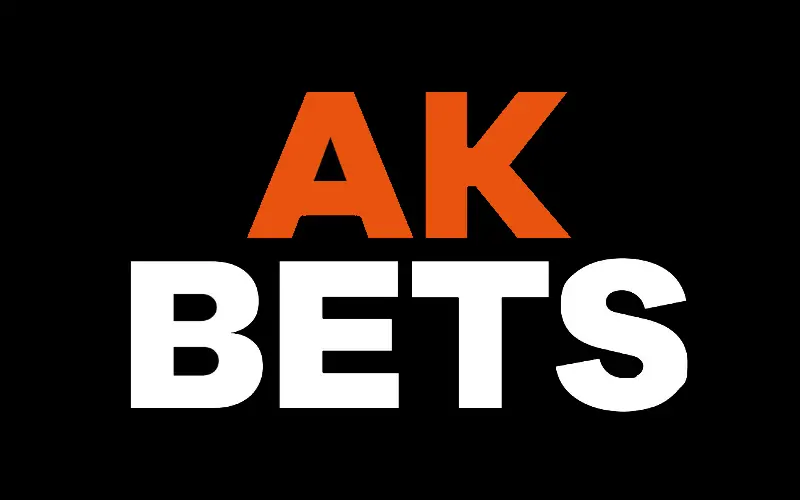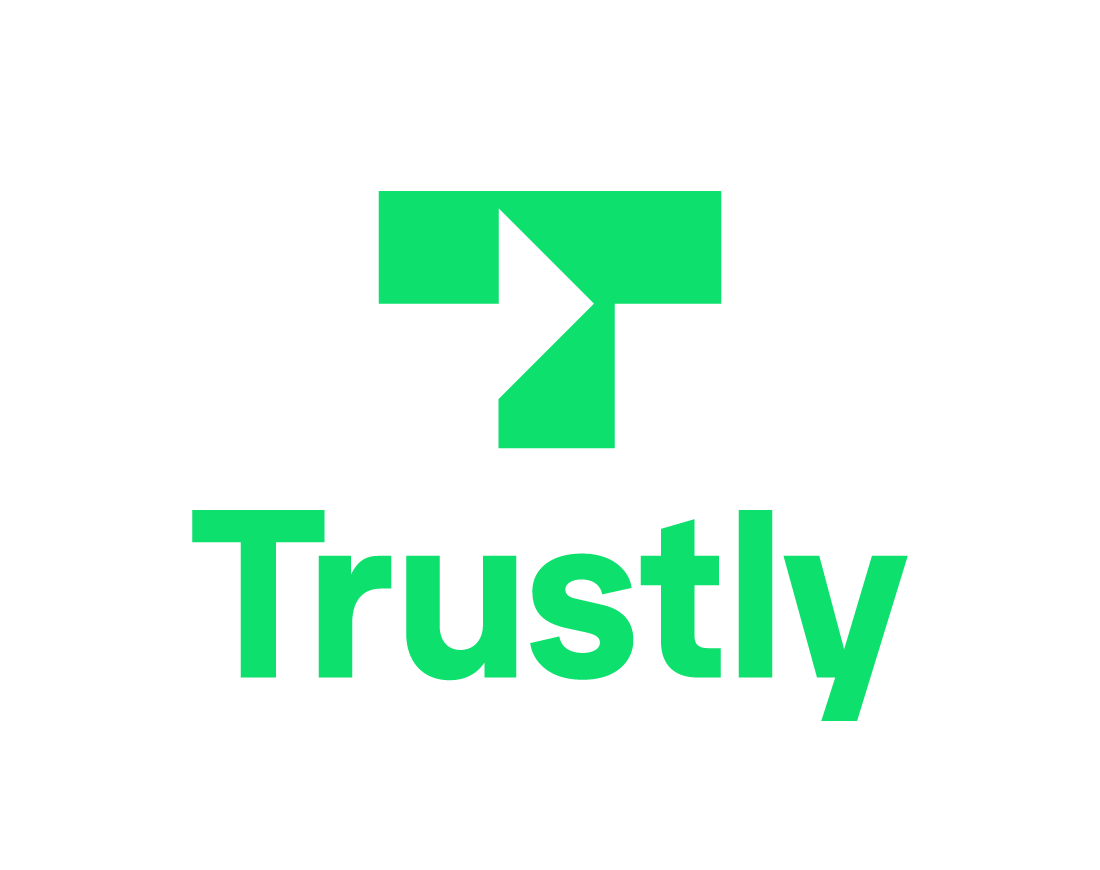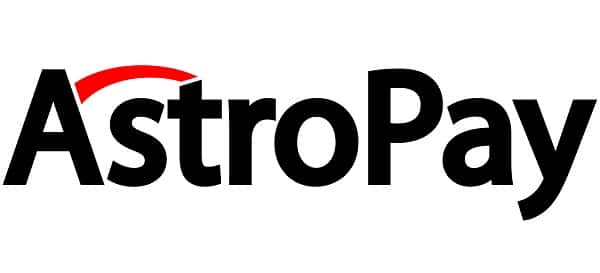Review of General Election Betting Sites
Tipped to Win the General Election
Who's Tipped to Win the General Election
While the 2010s saw double the number of general elections as the decade that came before, we’re yet to see one take place this side of 2020. But there’s one on the horizon, with the current parliament running up to the five-year limit imposed by the Dissolution and Calling of Parliament Act.
According to this act — which repealed the previous Fixed-Term Parliaments Act — the maximum term of a parliament is five years from the day it first meets. As the current parliament first met on 17 December 2019, it will be automatically dissolved on 17 December 2024. The next UK general election is expected to take place roughly 25 days after that — no later than 28 January 2025.
So, who’s tipped to win? Currently, the bookies feel pretty certain we’re going to end up with a Labour majority. As of 10 November 2023, they’re placing the odds of this outcome at around 1/3. Considering significant blows to Conservative seats in local elections throughout the past year, this isn’t much of a surprise. PM and Conservative Party leader Rishi Sunak has had his hands full with soaring inflation, a cost-of-living crisis, and widespread industrial action — not to mention a number of political scandals. You can follow the odds for the next UK Prime Minister on our odds tracker page and see how the odds have changed over the year.
That said, it won’t be plain sailing for Labour. According to YouGov as of 6 November 2023, 48% of those surveyed think Keir Starmer is doing badly as party leader compared to 34% who think he’s doing well. 18% of participants are unsure. The bookies put the odds of a Labour minority election outcome at 5/2.
The third most likely outcome currently is a Labour and Lib Dem coalition at odds of 7/1. The Liberal Democrats never recovered after the Cameron–Clegg coalition formed in 2010 — could this signal the return of a viable third option for UK voters? In any case, a change of party at the helm of the country looks likely with a Tory majority currently priced at just 10/1.
General Elections Explained
How do General Elections work?
The UK’s political system is divided between two chambers: the House of Commons, and the House of Lords. The House of Commons is composed of democratically elected officials known as Members of Parliament (MPs), while the seats in the Lords are filled by appointed members and hereditary peers. New and modified legislation is debated and voted on in the House of Commons before passing to the House of Lords, acting as a failsafe to rushed or controversial bills by putting legislation through a second stage of voting.
While the voting-age population can’t elect members of the Lords, every seat in the House of Commons is up for grabs in General Elections. Political parties challenge for seats in geographically-specific zones known as constituencies, with the MP for each being decided by which candidate receives the most votes in their constituency during a General Election or by-election. MPs hold their seats until Parliament is dissolved in advance of the next election, or until a by-election is called in their constituency.
In order for a political party to claim a ‘majority’—the number of seats required to form a full government—they must win 326 of 650 seats, thereby ensuring that the ruling party can pass legislation if every MP within that party votes in the same way, regardless of how other parties’ MPs vote. MPs may vote against their party, of course, meaning a small majority is not as powerful as a larger one where a few rebels will be unable to block legislation they disagree with.
By-elections occur when an MP stands down or otherwise calls an election within their constituency between General Elections, meaning small majorities, such as the Conservative party’s 330 seats going into the 2017 election, can be fragile.
Political Parties and Leaders
There are dozens of registered political parties at present, with the most prominent being the following:
- Conservative, led by Rishi Sunak
- Labour, led by Keir Starmer
- Liberal Democrats, led by Ed Davey
- The Green Party, led by co-leaders Carla Denyer and Adrian Ramsay
- The Scottish National Party (SNP), led by Humza Yousaf
- Plaid Cymru, led by Rhun ap lorwerth
- The Democratic Unionist Party (DUP), led by Jeffrey Donaldson
What Can I Bet On?
When it comes to General Elections, there are several things you can wager on before the polling stations open. In fact, you can bet on various outcomes years in advance. Here’s a breakdown of the different bets you can often place on General Elections both before and after they’re officially called.
Majority
First and foremost, betting on which party will form a majority government, winning the election outright, is the most popular General Election bet.
No Majority/Hung Parliament/Minority Government
You can bet on a range of options that essentially boil down to this: no party has secured a majority. If no party has a majority after an election, this is known as a ‘hung parliament’ and a few different things can happen to resolve it.
The party with the most seats can attempt to form a minority government where parliament is led by a party that can’t force legislation through, parties can club together to establish a coalition or confidence and supply arrangement to collectively exceed the 326 seats needed for a majority, or another election can be held. If you can’t see any party landing a majority, as was the case in 2010 and 2017, plenty of operators offer bets on these outcomes.
Most Seats
Slightly different to betting on which, if any, party will secure a majority, this bet simply looks at which party secures the most seats regardless of whether they can form a majority government.
Next Prime Minister
Another alternative to betting on an outright winner is picking out who will be Prime Minister once the election is over. Bets on the next PM are open from the day a new one takes office.
Coalitions
If a party is just short of the required seats for a majority, they can form a coalition with other parties to boost their collective number of seats to 326 and beyond. Some bookies offer odds on the next government being a coalition, which can be a canny pick for bettors who have a grasp of which parties are likely to ally with others and why. That being said, there has only ever been one coalition government in modern British politics — the Conservative/Lib Dem coalition that ran from 2010 to 2015.
Cabinet Appointments
Once a majority has been achieved, the new Prime Minister then appoints ministers to head up various government departments. The resulting team is known as the Cabinet, and bookies often offer odds on which MPs will take each role.
Leaders to Stand Down
In the event of a defeat, party leaders may choose to stand down. Some bookmakers will offer bets on such outcomes, with the most recent example being Jeremy Corbyn announcing that he would resign as Labour leader following the 2019 General Election defeat.
Individual Seats
Many bookies offer odds on which party will win particular seats. It pays to check out how a party fared in that constituency last time around, as some outcomes are considerably more nailed on than others. For example, if Labour had a 10,000 vote advantage over the runner-up in the previous election, that seat would be considered safe. A 10,000 vote swing is highly unlikely. However, if it only came down to a few hundred votes between first and second place, the next winner for that constituency isn’t so clear cut.
Year of the Next Election
General Elections are typically held once every five years. Early elections, however, can be called through a vote in parliament by the incumbent government. Votes of no confidence can also trigger an early election, although these are rarely successful. As such, many sites offer odds on when the next General Election will take place. If you have doubts about the current government’s longevity in the country’s highest office, for example, you can place a wager on which year you think an early election will be called.
How Have Recent Elections Played Out?
2017 General Election
The Conservative’s majority from 2015 wasn’t big enough to smoothly pass the party’s Brexit legislation in the House of Commons, and so Theresa May called the 2017 General Election to capitalise on what was perceived as weakness in the Labour Party’s election chances to thereby build a larger majority.
The bookies were confident that the Conservatives were on track to brush Jeremy Corbyn’s Labour aside, as indicated by Betfair’s odds offering when the election was called:
Betfair offered the following odds for the election’s outcome:
- Conservative majority: 2/13
- Labour majority: 19/1
- No overall majority: 6/1
Once again, polls and operators were wrong about the outcome. Labour performed considerably better than expected, and the Conservatives came to lose their majority by dropping from 330 seats to 317, narrowly missing the 326 required.
2019 General Election
With the clock ticking for a withdrawal agreement from the EU to be passed in the House of Commons, and no majority to force it through, MPs approved another early General Election in late 2019. Now led by Boris Johnson, bookmakers were confident that his popularity would be the catalyst for a Conservative majority.
In the closing stages of the election campaign, Betfair shared the following odds:
- Conservative majority: 13/25
- Labour majority: 31/1
- No overall majority: 11/5
This time, the bookies were on the money. The Conservatives won by a significant margin to send their majority up to 365, dwarfing Labour’s 202 and delivering the Conservative’s biggest share of the Commons since 1987.
GE Betting Sites by Payment Method
General Election Betting Sites by Payment Method
Bookmakers with general election betting odds support a range of payment methods to help you manage your funds. Which you choose depends on your needs and preferences — maybe you’re looking for ease and convenience, or the fastest withdrawals. Below you’ll find more information on the different banking options at our recommended general election betting sites.
As of April 2020, credit cards are banned from use with UK gambling operators.
e-Wallets
Payment methods that fall under the category of e-wallets are some of the best all-rounders for managing your betting bankroll. You’ll find at least one of these services supported at sites with general election betting odds. PayPal, Neteller, Skrill, and Payz are the most common options.
Once you register a free account, you can link debit cards or use your e-wallet balance to make deposits at your chosen bookmaker. There’s no need to share financial details with the site, as you simply log into your e-wallet account instead. Fast withdrawals are another key benefit, and you’ll often receive your payouts instantly once processed by the bookie.
Debit Cards
General elections don’t roll around too often — if you’re only planning to bet on politics, a debit card such as Visa or Mastercard might be the simplest choice. There’s no need for any additional accounts, no fees and debit cards are always eligible for claiming bonuses.
Withdrawals may take 3–5 days, although you could get your money within just 30 minutes if your chosen general election betting site supports Visa Fast Funds or Mastercard Send.
Trustly
Trustly is a highly secure way to make quick payments to and from your general election betting site. It runs on Open Banking — you don’t have to sign up, instead connecting to the service via your online banking credentials. There are a few steps to complete when you use Trustly for the first time, so this method is probably better suited to those who plan to bet on other markets alongside politics. Once it’s set up, however, you’ll get lightning-fast deposits and withdrawals with no transaction fees.
AstroPay
The new kid on the block, you won’t yet find AstroPay at too many bookies with general election betting odds. This service functions much like an e-wallet, letting you hold a balance and link payment cards. But its major advantage is the ability to generate virtual prepaid cards. You can use these in place of your own debit card, safeguarding your financial details.
Paysafecard
If you want to keep a tight grip on your spending or don’t want to share bank details online, a Paysafecard prepaid voucher is the way to go. You can buy these vouchers from retailers in denominations from £10 to £175, and transfer the funds to your betting wallet using the printed code. The main drawback? Most general election betting sites won’t let you withdraw via this method, so you’ll have to pair it with another service to cash out.
Spice Up Your Bet Slip with Accumulators
Accumulators can, of course, contain selections that are due to be completed on separate days, but why not take advantage of election night’s countless wagering options? Many operators include politics alongside sportsbooks for accumulator bets, offering the chance to add several bets to your accumulator on everything from winners by constituency to cabinet appointments. Be sure to check an operator’s terms and conditions around accumulators before settling on the one that’s right for you, as restrictions may be in place for particular bets, their eligibility for acca insurance and promos, and their impact on any wagering requirements you’re under.
General Election Betting on the Go
Keep Up with the Latest Odds on the Go
Every General Election betting site that’s ranked and reviewed on Compare.bet offers a mobile-optimised website and/or a dedicated betting app. The ease of use, streamlined interface, access to your bet slip no matter where you are, and payment options offered by mobile-oriented operators are a winner for any bettor. Whilst checking out and comparing the operators listed here, be confident that, no matter your choice, you’ll have access to a great mobile experience.
Top General Election Betting Apps
- Unibet – with odds on the General Election plus other UK and international politics betting markets.
- 10bet – this site provides odds on the General Election, next prime minister plus international politics betting markets.
- BetVictor – providing General Election, next PM plus international politics betting markets.
Sign Up and Cast Your First Bet!
Now that you’re clued up on betting on General Elections, take a look at our rankings for the best operators around. We’ve combed through the industry to find the operators that offer players the best experience, bonuses, market variety, and much more so you can compare with ease. Even though we could we way off from the next General Election, why not cast your wager on the next Prime Minister or when the next election will be held? Select the operator that suits you best, sign up for your free welcome bonuses, and cast your first bet!
Frequently Asked Questions
Generally speaking, you should be able to use your bonus funds on politics in the same way you would for sports betting. All operators are different, and their individual terms and conditions may put restrictions on where and how you can use your bonus, as well as what kinds of bet contribute to your wagering requirements. Be sure to read the fine print for your operator of choice.
Political odds can vary and fluctuate wildly, especially in General Elections where the 650 seats up for grabs are just a handful of the variables affecting a party’s chances of winning outright. These variations can occur daily depending on how candidates and their parties are faring, so be sure to check up on the odds on offer on the day you cast your bet. Operators are competitive and tend to offer similar odds for the big-ticket bets, but there’s every chance you could stumble on a rare opportunity with a bit of shopping around.
Yes! Although markets on offer can be limited to UK, Irish, European, and US politics, many operators offer extensive odds selections on each of these markets and more. The UKGC ensures that operators’ offerings are legal, so you can be confident that a licensed site is showing international bets that are legal and compliant.
Every operator reviewed and listed on Compare.bet is licensed by the UKGC. Known as one of the world’s premier betting industry regulators, the UKGC ensures that operators offer fair odds and games, provide encryption for all customer transactions and that their terms and conditions are clear and easy to find. Operators generally display their licence certification on their website, but if you’re ever unsure about a site’s licence you can look it up on the UKGC’s public register. Your funds are not legally protected if you place a bet with an unlicensed operator, so be sure to check for a licence if you have any doubts.























